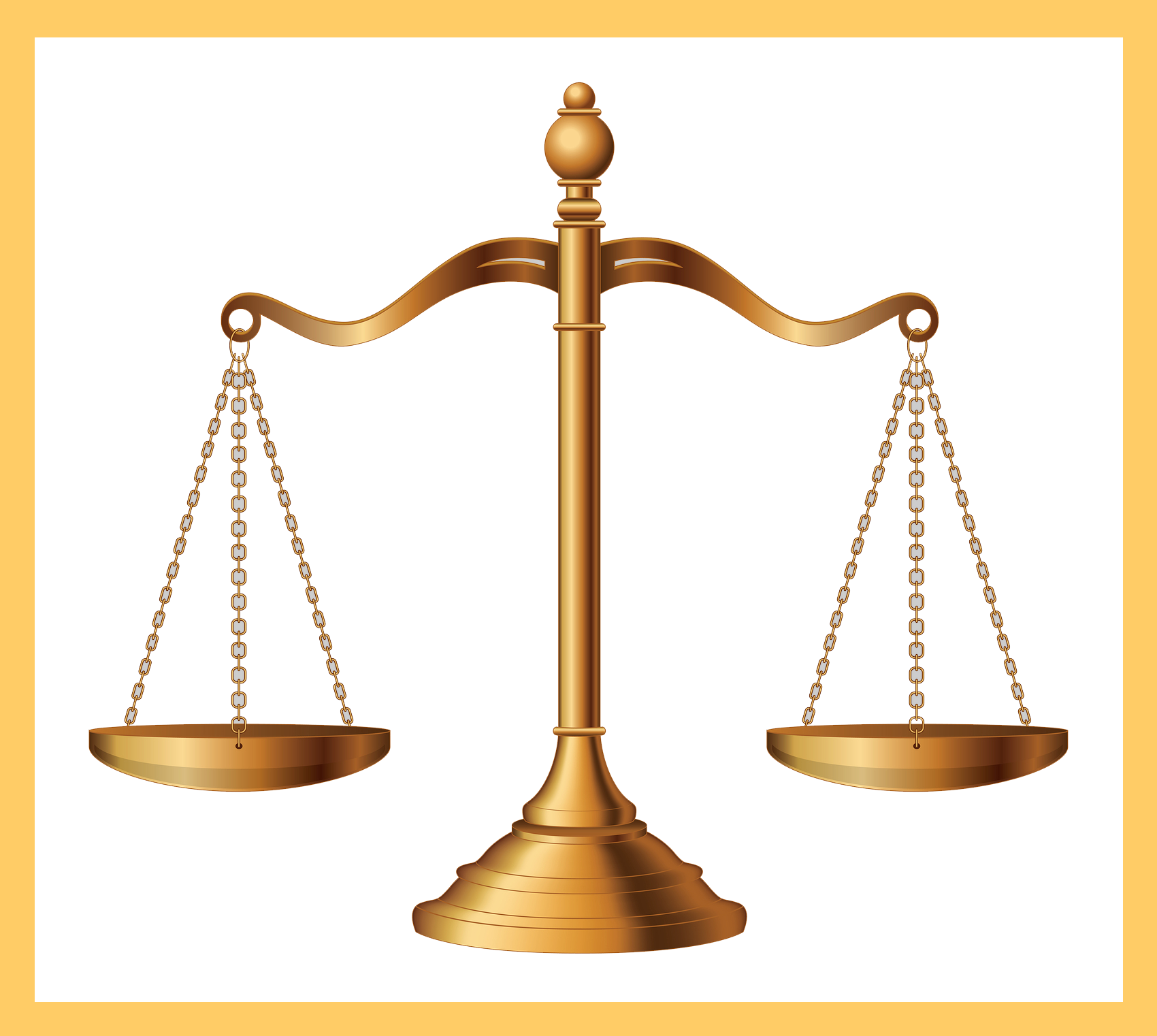Introduction to Dogma
Excerpts from Fundamentals of Catholic Dogma
by Dr. Ludwig Ott
- Definitions:
- Doctrine:
- Refers to all that the Church believes and teaches.
- Dogma:
- Refers to the fundamentals of the faith to which every Catholic must subscribe.
- These are referred to by the Latin designation: 'De fide' (of the faith).
- The 'De fide' designation
indicates that the doctrinal statement is an essential part of Catholic faith and that denial of it is
heresy.
- The Church’s magisterium exercises the authority it holds from Christ to the fullest
extent when it defines dogmas, that is, when it proposes, in a form obliging the Christian people to an
irrevocable adherence of faith, truths contained in divine Revelation or also when it proposes, in a
definitive way, truths having a necessary connection with these.
(CCC-88)
- Disciplines:
- For Catholics, there is an important difference between the teachings that we must believe, which are
infallible and unchangeable (doctrine), and the rules that we must obey but which are changeable (disciplines).
Finally, there are areas where we are free to believe or not believe without offending against faith (theological
opinions).
- There are many theological questions which the Church has not definitively answered one way or another.
A wide range of theories or opinions on these questions are perfectly legitimate, provided the theory does
not contradict any other doctrinal teaching of the Church. Such opinions must be held with a due
tentativeness or reserve, ready to submit faithfully to the final judgment of the magisterium. The
danger here is to treat what is merely an opinion as a doctrine (as some did with St. Thomas’s theory
of limbo) or to hold on to a mere theological opinion after the Church has declared a theological
question settled (for instance, in the contemporary case of the priestly ordination of
women).

Scales of Justice (modified)
by A Wesley Floyd 1